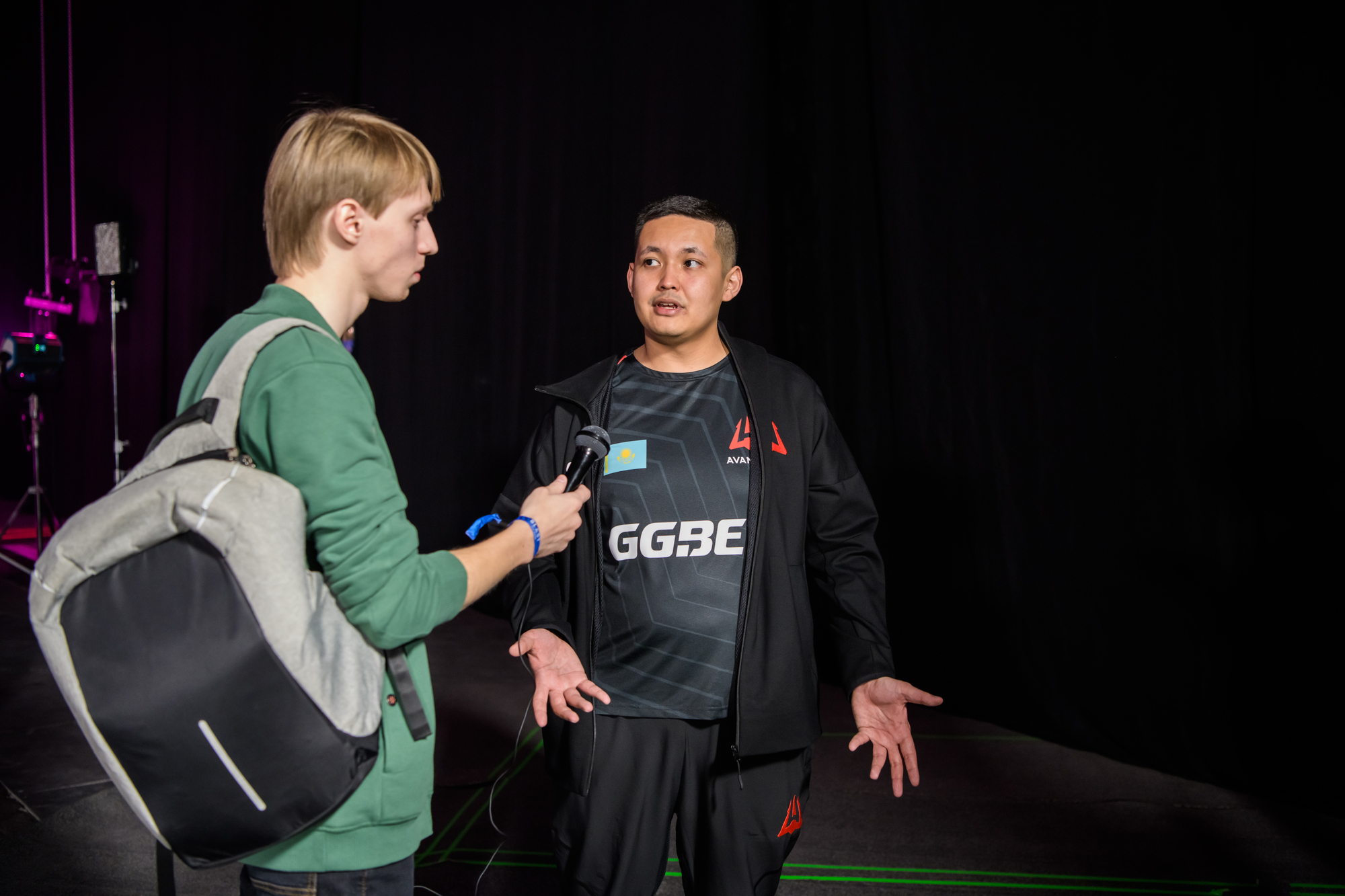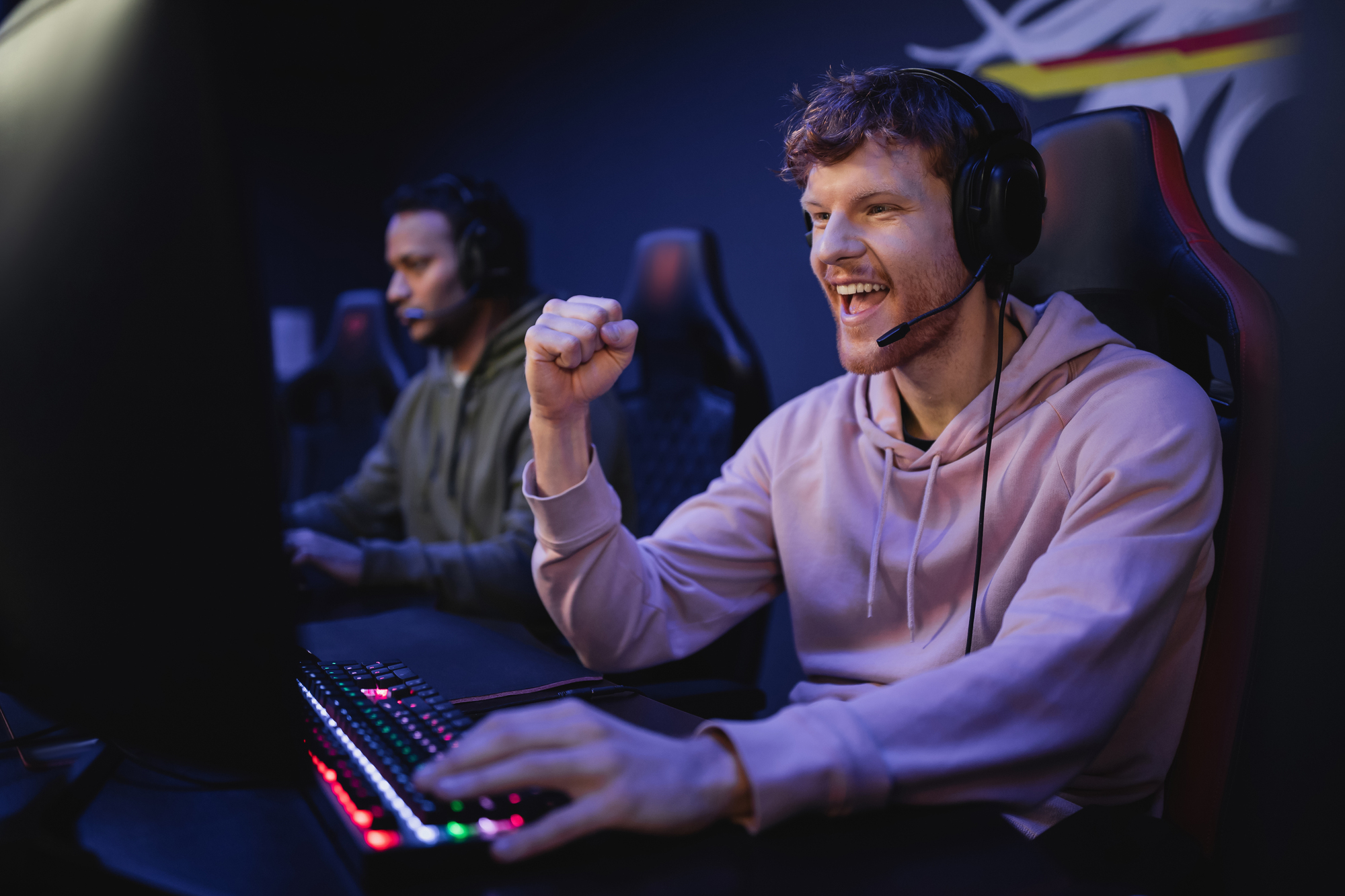Online gaming communities offer unique opportunities for developing social skills. Players engage with others from diverse backgrounds, fostering communication and collaboration. These virtual spaces provide a platform for building relationships and practicing social interactions in a low-pressure environment.
Gaming communities enable individuals to enhance their social confidence through shared experiences and mutual interests. Participation in multiplayer games and team-based activities encourages players to work together, communicate effectively, and develop leadership skills. The supportive nature of many gaming communities allows members to express themselves freely and form meaningful connections.
Online gaming also promotes cultural awareness and empathy. Players interact with people from different countries and cultures, broadening their perspectives and improving their ability to understand and relate to others. This exposure to diverse viewpoints can translate into improved social skills in real-life situations, making online gaming a valuable tool for personal growth and social development.
The Social Landscape of Online Gaming
Online gaming communities have transformed social interactions, fostering connections across geographical boundaries. These virtual spaces provide opportunities for players to build relationships, collaborate, and share experiences.
Understanding Online Communities
Online gaming communities bring together diverse groups of people with shared interests. These spaces allow players to form friendships, engage in teamwork, and develop social skills. Gamers can join guilds, clans, or teams to participate in cooperative gameplay and competitive events.
Many online games feature built-in communication tools like voice chat, text messaging, and emotes. These features enable players to interact in real-time, enhancing the social experience. Some games also incorporate social hubs or gathering spaces where players can meet and socialize outside of gameplay.
Community-driven events and player-organized activities further strengthen social bonds within gaming circles. These can include in-game parties, tournaments, or charity fundraisers.
The Importance of Inclusivity
Inclusive online gaming communities welcome players from all backgrounds. Game developers and community managers play a key role in creating safe and respectful environments. This involves implementing clear codes of conduct, moderation systems, and reporting tools to address harassment or toxic behavior.
Many gaming communities actively promote diversity and representation. This can include featuring diverse characters in games, supporting accessibility options for players with disabilities, and celebrating cultural events within the game world.
Inclusive communities often organize support groups or mentorship programs for new players. These initiatives help newcomers feel welcome and learn the ropes of the game, fostering a positive social atmosphere.
Role of Social Media and Platforms
Social media platforms and gaming-specific networks extend the social landscape of online gaming beyond the games themselves. Discord servers and subreddits dedicated to specific games or genres allow players to connect, share strategies, and discuss their favorite titles.
Streaming platforms like Twitch enable gamers to broadcast their gameplay and interact with viewers in real-time. This creates new forms of social engagement, with streamers building communities around their content.
Many games integrate social media features directly into their interfaces. This allows players to share achievements, screenshots, or clips with friends and followers without leaving the game. Some titles also incorporate cross-platform social features, enabling players to connect with friends across different gaming systems.
Building and Nurturing Social Skills
Online gaming communities offer opportunities to develop social skills through interaction and collaboration. Players can enhance their teamwork, communication, and problem-solving abilities while learning to navigate challenging social situations.
Collaborative Teamwork in Multiplayer Games
Multiplayer games foster teamwork by requiring players to work together toward common goals. Raids in MMORPGs demand coordination among large groups to defeat powerful enemies. Shooters like Counter-Strike rely on tactical cooperation for success. Players learn to leverage individual strengths, delegate tasks, and support teammates.
These experiences translate to real-world scenarios. Gamers practice adapting to different personalities, managing conflicts, and celebrating shared achievements. They develop leadership skills by organizing teams and guiding strategies. The collaborative nature of multiplayer games helps build trust and camaraderie among players from diverse backgrounds.
Communication and Problem-Solving
Gaming communities push players to hone their communication skills. Clear and concise callouts are vital in fast-paced competitive games. Strategy games require players to explain complex plans and coordinate moves. Voice chat and text messaging allow gamers to practice articulating ideas effectively.
Problem-solving is central to many game genres. Puzzle games challenge players to think creatively and logically. RPGs present moral dilemmas that test decision-making abilities. When facing in-game obstacles, players learn to analyze situations, weigh options, and implement solutions. These skills carry over to academic, professional, and personal challenges.
Overcoming Toxicity and Harassment
While gaming communities can nurture social skills, they also expose players to negative behaviors. Toxic attitudes and harassment remain issues in many online spaces. Addressing these challenges helps gamers develop resilience and conflict resolution abilities.
Players learn to recognize and report inappropriate conduct. Many games implement systems for players to moderate their communities. By standing up against toxicity, gamers practice assertiveness and empathy. Positive reinforcement of good behavior creates more welcoming environments. These experiences equip players with tools to handle difficult social situations beyond gaming.
Community and Individual Growth
Online gaming communities foster personal development and collective advancement. Players cultivate social skills, leadership abilities, and emotional resilience through their interactions.
Role of Community Leaders and Moderators
Community leaders and moderators play a crucial part in shaping the gaming environment. They set behavioral standards, enforce rules, and facilitate positive interactions among members. These individuals often volunteer their time to maintain a welcoming atmosphere for all players.
Leaders organize events, resolve conflicts, and guide newcomers. Their actions help build trust and camaraderie within the group. Moderators monitor chat channels and forums, removing inappropriate content and addressing harassment. They work to create safe spaces where players feel comfortable expressing themselves.
Effective leadership in gaming communities can translate to real-world skills. Many leaders develop abilities in communication, problem-solving, and team management that benefit their professional lives.
Promoting Personal Growth Through Gaming
Online gaming offers opportunities for individuals to develop various skills. Players often improve their teamwork and communication abilities through cooperative gameplay. Strategy games can enhance critical thinking and decision-making skills.
Many gamers report increased confidence and self-esteem from mastering challenges within games. Overcoming obstacles and achieving goals provides a sense of accomplishment that can boost motivation in other areas of life.
Gaming communities also expose players to diverse perspectives and cultures. This broadens their worldview and fosters empathy. Some games incorporate educational elements, allowing players to learn about history, science, or other subjects while having fun.
Psychological Impact of Online Gaming
The psychological effects of online gaming are complex and varied. For many, gaming communities provide social support and a sense of belonging. This can be especially valuable for individuals who struggle with face-to-face interactions or feel isolated in their daily lives.
Gaming can serve as a stress relief mechanism, helping players unwind after a long day. However, excessive gaming may lead to addiction-like behaviors in some cases. It’s important for players to maintain a balance between their online and offline activities.
Studies have shown that certain types of games can improve cognitive functions such as spatial awareness and problem-solving skills. Multiplayer games often require cooperation and strategic thinking, which can enhance social cognition and emotional intelligence.
Adapting to Evolving Gaming Worlds
Online gaming communities constantly change, requiring players to adjust their social skills. As technology advances, these virtual spaces transform, presenting new challenges and opportunities for interaction.
The Rise of Virtual and Augmented Realities
Virtual and augmented reality technologies are reshaping online gaming communities. VR headsets allow players to immerse themselves in lifelike digital environments, while AR overlays digital elements onto the real world. These technologies create more engaging social experiences, enabling players to interact as if they were physically present.
VR chat rooms and social hubs serve as meeting places for gamers to connect. Players can use hand gestures and body language, adding depth to their communication. AR games like Pokémon GO bring players together in real-world locations, fostering face-to-face interactions.
As these technologies become more widespread, gamers must learn to navigate these new social spaces effectively. This includes understanding non-verbal cues in VR and respecting others’ physical space in AR environments.
Mainstream Gaming and its Social Evolution
The growing popularity of gaming has led to more diverse player bases. Games like Animal Crossing attract players of all ages and backgrounds, creating unique social dynamics. This shift requires gamers to adapt their communication styles to interact with a wider range of people.
Cross-platform play allows console, PC, and mobile gamers to compete together, breaking down barriers between gaming communities. Players must learn to collaborate across different control schemes and hardware limitations.
Voice chat has become standard in many games, changing how players communicate. Gamers need to develop clear verbal communication skills and learn to interpret tone and intent without visual cues.
Ensuring a Safe and Supportive Environment
As gaming communities grow, maintaining a safe and inclusive atmosphere becomes crucial. Many games now implement reporting systems and moderation tools to combat toxic behavior. Players must learn to use these features responsibly and contribute to a positive gaming culture.
Community guidelines and codes of conduct are common in online games. Gamers need to familiarize themselves with these rules and adapt their behavior accordingly. This often involves being mindful of language use and showing respect for players from different cultures.
Emotional support within gaming communities has gained importance. Players form bonds through shared experiences, offering encouragement during challenging gameplay moments. Learning to provide and receive this support enhances the social aspect of gaming.












